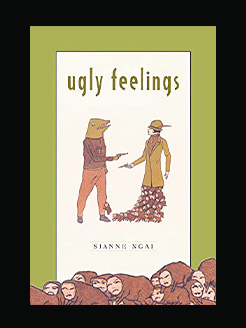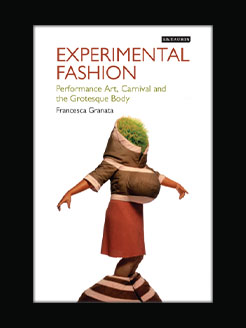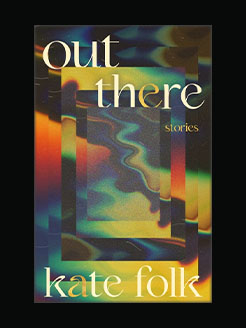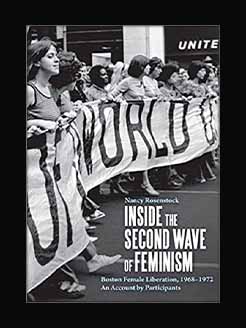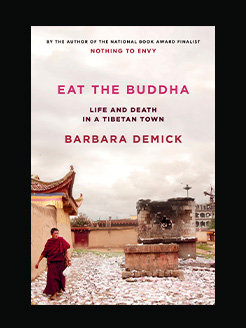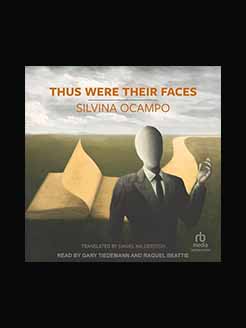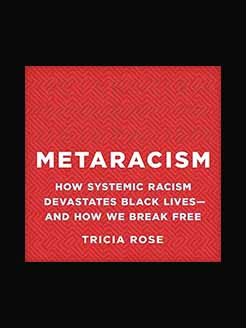Published in 2020
240 pages
Anika Gupta is a digital thought leader whose research on online communities spans several industries. A former science and technology journalist, she’s currently a senior product manager at The Atlantic. In 2019, she was honored as a member of the Online News Association’s Women’s Leadership Accelerator, a program that finds and trains women media leaders for roles as leaders in the industry. She has a Master’s degree in comparative media studies from the Massachusetts Institute of Technology and a bachelor’s degree in journalism from the Medill School of Journalism at Northwestern University. Her journalistic work has appeared online in Smithsonian, Fortune, The Guardian, and elsewhere.
What is this book about?
In this guide to successful community moderation, a former tech journalist and current product manager explores everything from the trenches of Reddit to your neighborhood Facebook page.
Don’t read the comments. It’s advice that feels as old as the internet, yet more relevant than ever. The tools we once hailed for their power to connect people and spark creativity can also be hotbeds of hate and harassment, and platforms like Facebook and YouTube are under fire for either too much or too little moderation—even though most people aren’t even sure what moderation means. What we do know is that creating and maintaining healthy online communities isn’t easy. Luckily, Anika Gupta is here to explain what makes some online communities tick—and others explode.
Over the course of two years of graduate research at MIT, Gupta interviewed moderators who’d worked on the sidelines of gamer forums and in the trenches of online news comments sections. She spoke with professional and volunteer moderators. Some of these moderators were known to their communities, while others were entirely anonymous. In How to Handle a Crowd, she builds on that initial fascination and connects it to new and important issues around how we use the internet to create community.
She interviews people who have built and sustained fascinating online communities in our unpredictable digital climate, and dives deep with activists, organizers, journalists, and executives to find out what strategies work best for them. Is there really such a thing as a recipe for success? And how does the complex labor of online moderation shape our world—and the people who do it?

